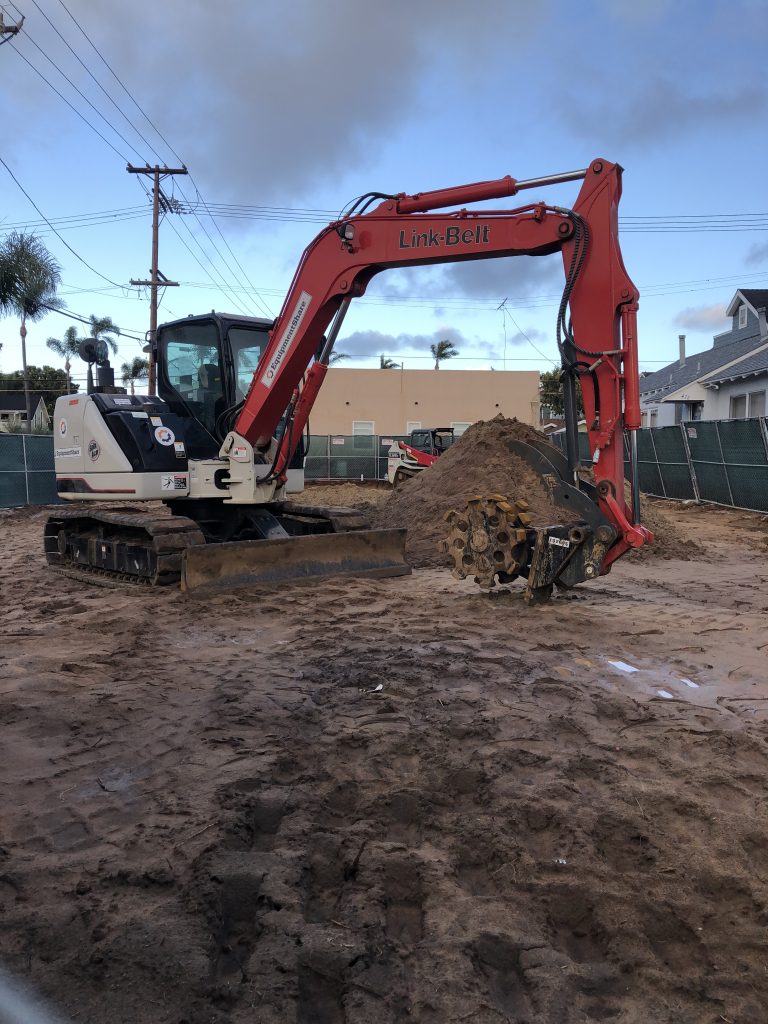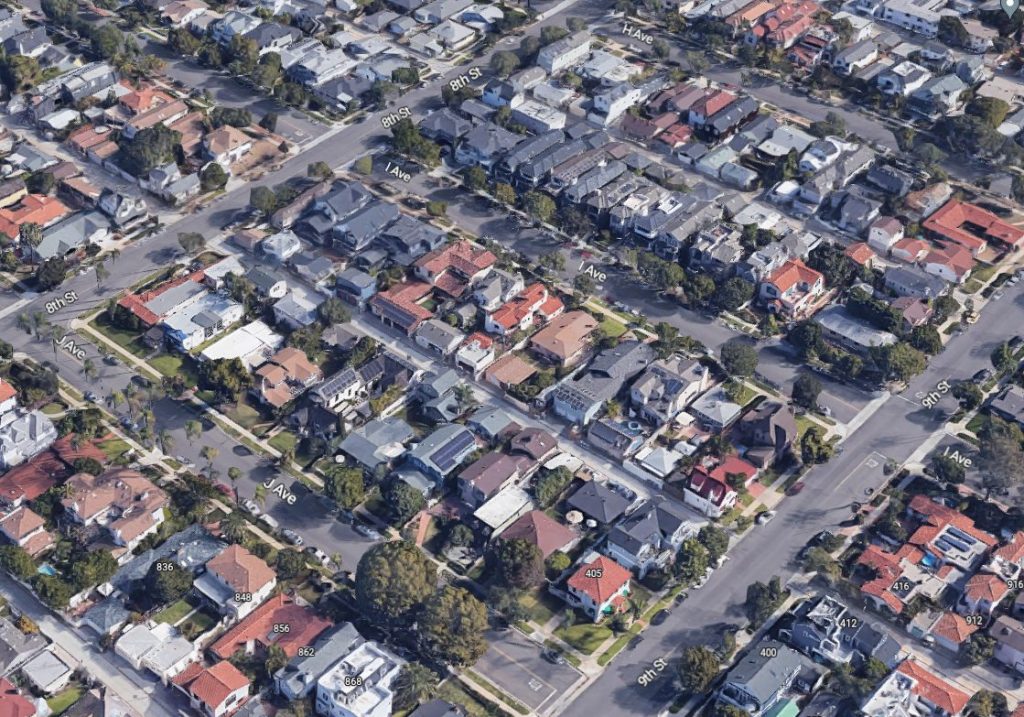
A lawsuit accusing Coronado of illegally restricting the construction of accessory dwelling units (ADUs) has concluded, with the court ruling in the city’s favor.
The case was brought against the city in 2021 by Californians for Home Ownership, a nonprofit advocacy group. CHO filed an appeal to the ruling in February. An appeal date has not yet been set.
The original case argued that City of Coronado illegally “adopted a practice of refusing to permit ADUs with new, single-family homes.”
But a public records request yielded 89 applications for permits for ADUs between 2020 and March 2023. All but 14 have been approved, many of them for simultaneous construction of single-family homes and ADUs.

In the past, ADUs had to be built on properties with pre-existing homes on them. Between 2017 and 2020, the California legislature passed a series of bills mandating that cities allow – and encourage – the construction of ADUs alongside new homes as a part of its ongoing effort to mitigate the housing crisis. The state also eliminated other barriers to ADUs, such as owner occupancy and setback requirements, in a series of bills that supersede local governments’ authority to deny ADU construction.
“The big news is that we have effectively ended single-family zoning in California,” Matthew Lewis, director of communications for California YIMBY, said at the time in a statement. California YIMBY is an advocacy group that sponsored some of the pro-ADU bills.
Coronado updated its own ordinances to reflect state law in 2020, as is standard for municipalities to do when state law is passed.
In its lawsuit, CHO argued that Coronado officials denied reasonable permit requests for ADUs from property owners. City staff repeatedly told property owners applying for permits to simultaneously build single-family homes and ADUs that they would need to obtain a certificate of occupancy for their main dwellings before applying for their ADU permits, the lawsuit says.
Splitting construction in this manner raises costs considerably for property owners, dissuading them from building additional units on their properties.
In its legal response, the city denied the allegations and said Coronado “acted in a manner that was proper, reasonable, lawful, and in the exercise of good faith.”
CHO and its legal representation did not respond to requests for comment on the matter. Coronado City Attorney Johanna Canlas confirmed the case’s status in an email but did not comment further.
ADUs in the Wake of the Housing Crisis
As housing costs soar nationwide, cities are turning to ADUs to help increase housing inventory. In Seattle, permits for the dwellings jumped by 250 percent between 2019 and 2022, although city data reports that up to 12 percent of them are being used as short-term rentals. Coronado ordinances restrict ADUs from use as vacation rentals.
Nearly two-thirds of California’s homes are single-family dwellings, which housing density advocates say leaves land in urban cores underdeveloped. San Diego was the first major city in the nation to offer financial bonuses to incentivize the construction of ADUs.
San Diego homeowners may build two additional dwellings, at a maximum of 1,200 square feet each, on their lots. Additionally, owners can build even more ADUs on their lot if some are set aside as income-restricted units.
Since implementing these incentives, ADU construction in San Diego has boomed, according to research from the Terner Center for Housing Innovation at the University of California Berkeley.
Meanwhile, Zillow estimates that the United States could add 3.3 million more homes to its inventory if 17 major urban centers rezoned to allow an additional unit on just 10 percent of lots zoned for single-family dwellings. In Los Angeles alone, adding another unit to one in five lots would yield 775,000 new homes.
It’s important to note that Zillow’s estimates are speculative. As California has seen with its Regional Housing Needs Allocation cycles, zoning for something does not mean it will be built. Homeowners would still have to fund the cost of building the dwellings and decide the loss of lot space was worth the additional rental income. Still, ADUs it remains a potential solution in a state where housing costs are high and inventory is scarce.
Related:
Coronado Built Just 54 New Housing Units Last Year, Will Building More Solve the Housing Crisis?
The Arduous Task of Fitting 912 More Housing Units into Coronado
Housing Group Sues Coronado – City Says ADU Policies Comply with State Laws




